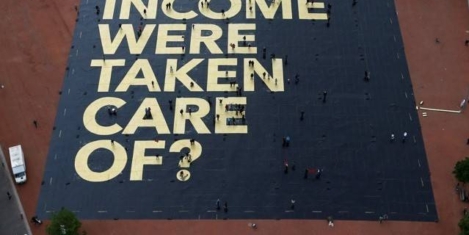September 11, 2017
Growing numbers of people remain in employment past retirement age
 Both men and women are increasingly staying at work beyond the state pension age, UK government figures show. Data published by the Department for Work and Pensions (DWP) reveals that the average retirement age for men has now risen to 65.1 and for women 63.6. Over a twenty year period, this marks an increase of around two years for men and nearly three years for women. In both cases the average retirement age is now higher than the state retirement age. Some 10 percent of over-65s are currently in employment, according to the DWP data. However, the data also suggests that men are still retiring at an earlier age than they were in the 1950s, which is the starting point for the study.
Both men and women are increasingly staying at work beyond the state pension age, UK government figures show. Data published by the Department for Work and Pensions (DWP) reveals that the average retirement age for men has now risen to 65.1 and for women 63.6. Over a twenty year period, this marks an increase of around two years for men and nearly three years for women. In both cases the average retirement age is now higher than the state retirement age. Some 10 percent of over-65s are currently in employment, according to the DWP data. However, the data also suggests that men are still retiring at an earlier age than they were in the 1950s, which is the starting point for the study.































